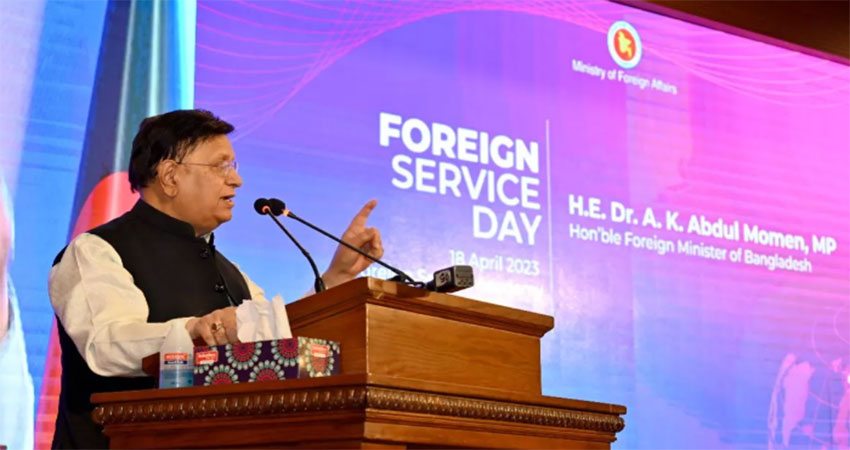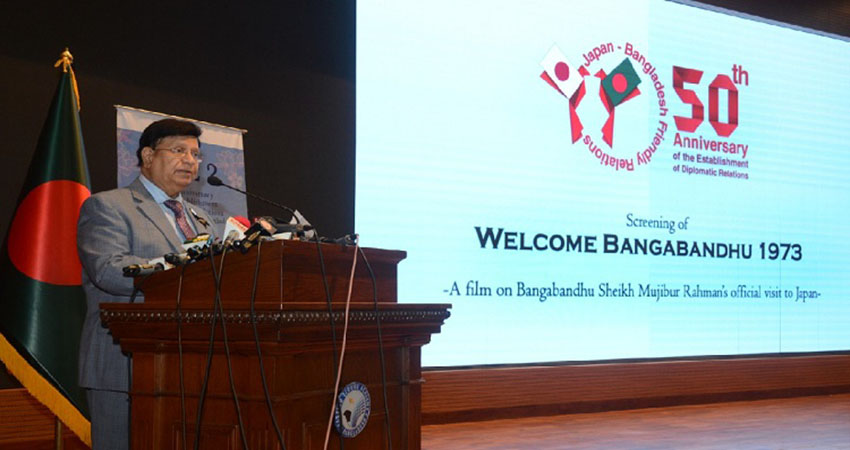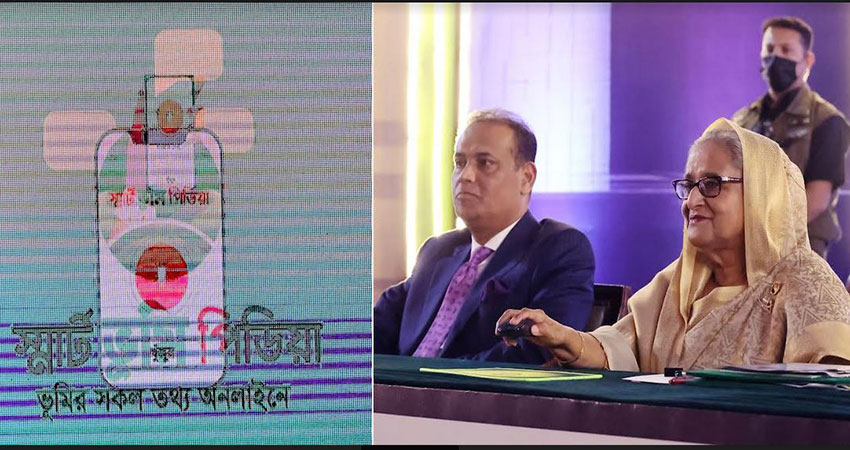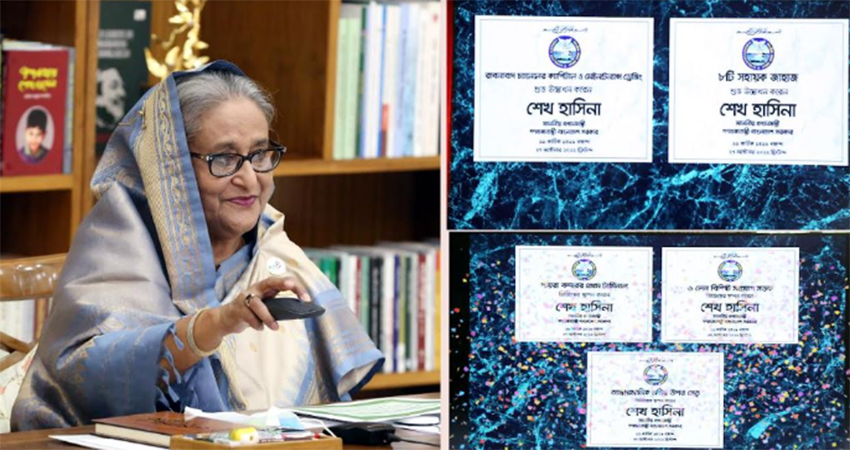President Md Abdul Hamid today emphasized collective efforts to turn the country into 'Sonar Bangla' as dreamt by Bangabandhu as part of paying everlasting tributes to the martyrs of the 1971 genocide.
"We can pay our eternal respect to every soul, who gave his or her life in the 1971 genocide, by turning the country into 'Sonar Bangla' as dreamt by Bangabandhu," he said in a message on the eve of the Genocide Day.
The president said, "Today is the dreadful 25 March, the Genocide Day. On this day in 1971, Pakistani occupation forces carried out the most brutal killings in the history throughout the country, including Dhaka."
Unibots.in
Numerous people from different classes and professions, including students, teachers, intellectuals, and members of other forces especially from police and the then EPR, were killed in the genocide, he said.
The president said the observance of this day as the genocide day is a great recognition to the supreme sacrifices made by three million Bangalees in the struggle for freedom of Bangladesh and a symbol of vigorous protest against the brutal genocide of the then Pakistani occupation forces.
He said: "On this day, I with profound respect recall Father of the Nation Bangabandhu Sheikh Mujibur Rahman under whose leadership and direction our great independence was achieved through a nine-month long armed Liberation War".
He also remembered with deep respect all the martyrs who were killed in the fateful night of March 25 and all others martyrs who were victims of genocide carried out by Pakistani occupation forces.
"I also recall with deep respect our four national leaders, valiant freedom fighters, organizers, supporters and countrymen who had immense contributions and sacrifices to attain our independence," the president said.
The then Pakistani occupation forces, armed with sophisticated weapons, indiscriminately carried out genocide on the unarmed Bengalees on March 25, 1971, he said.
Under the codename "Operation Searchlight," they carried out the operation to stun the resistance of the freedom-loving people, he said.
Massacres took place simultaneously on Dhaka University campus, Rajarbagh Police Lines, Pilkhana (now BGB Headquarters), Jashore, Khulna, Rajshahi, Rangpur, Syedpur, Cumilla, Sylhet, Chattogram, he said.
Noting that the news of this genocide was covered in all world media with utmost importance, the head of the state said, Bangabandhu Sheikh Mujibur Rahman was arrested by the Pakistani army in the early hour of March 26.
Before that (arrest), Bangabandhu proclaimed the country's independence and following the declaration, the War of Liberation began, he added.
Three million people were the victims of the brutal killings of Pakistani occupation forces and their local collaborators during the nine-month-long War of Liberation, the president said, adding that one crore Bangalees took shelter in neighbouring India due to the horrors of killings and oppression.
Mentioning that the horrific genocide of 1971 is a black chapter not only in the history of Bangladesh but also of world humanity, the president said through the observance of Genocide Day, the demand will be reflected worldwide that such genocide would not take place anywhere else.
Imbued with the War of Liberation spirit, he said that today, Bangladesh is moving towards progress and prosperity by overcoming all obstacles. He said Prime Minister Sheikh Hasina has announced "Vision-2041" to turn Bangladesh into a developed and prosperous country in 2041.
He called upon all, irrespective of party affiliations and opinions, to contribute from their respective positions to achieve the vision.
President Hamid for building 'Sonar Bangla' to pay respect to 1971 martyrs



















